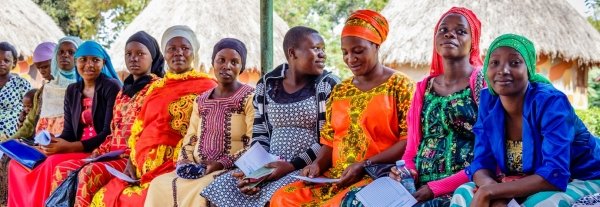Letter from the Director
2020 has been a difficult year—acutely felt by the world’s women and girls. Advancements toward gender equity, access to and quality of healthcare services, women’s economic prosperity, and safety and security for women and girls have been devastated by the current pandemic. This year, the Maternal Health Initiative (MHI) has worked to expand our thematic framework, network, and reach to include a broader look at women’s health, gender equity, and safety, as well as to include a wider, more diverse audience and community. We are also working on ways to share the work that is being done at MHI and with our partners to further amplify women’s voices—hence, the birth of the first MHI newsletter.
We hope 2021 is a year of rebuilding and recovery, moving us all toward a healthier and more equitable future. We hope for real change and policies that directly address the inequities faced by women and girls. Next year, MHI will focus much of our efforts on the response to COVID-19, particularly its effects on women and girls in terms of health, safety and security, and paid and unpaid work. We will also continue our focus on midwifery and healthcare workers, as well as the devastating health crises in humanitarian and conflict settings.
We wish you all a safe, healthy, and Happy New Year!
|



